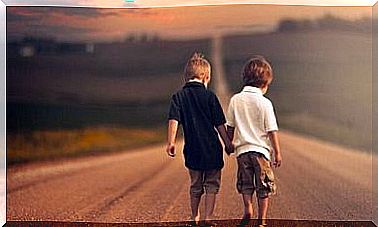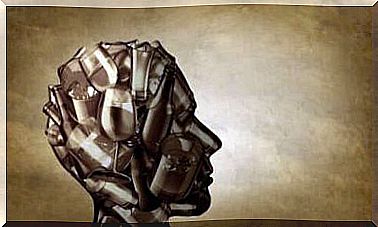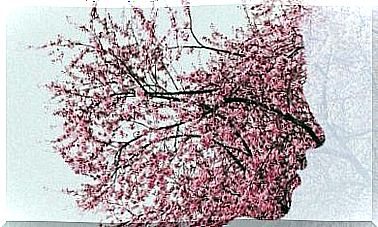Types Of Psychological Characteristics In Radicalization
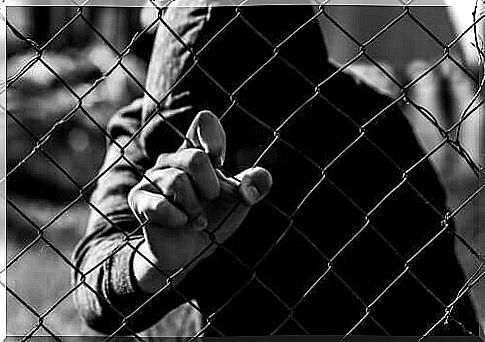
Psychological properties affect the process of radicalization.
The increased radicalization in society is most evident in situations that originate in ideological motivations and the like (Moyano-Pacheo, 2017).
The perception of risk has now increased due to the media increasingly reporting on terrorism and political violence as well as psychological characteristics in radicalization.
For researchers in the social sciences, it is important to understand the process of radicalization and the phenomenon of terrorism. This is important in order to prevent violence.
It is also important to be able to reintegrate the individuals who have been influenced by violent groups into society. One of the most interesting aspects of this process is the actual recruitment of vulnerable individuals.
Radicalization is a complex and multidimensional process. There are many variables that can be factors that contribute to this development.
The experts must therefore analyze the process while keeping all these factors in mind. In other words, one must think about the interaction between the different psychosocial variables (Kruglanski et al., 2014).
How is it that a person turns to political or religious views that go beyond the ordinary?
This is a question that psychology tries to answer when it comes to the factors that affect radicalization.
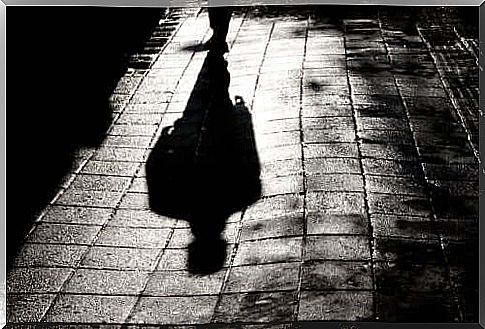
The radicalization process and psychological properties in radicalization
One can define the concept of radicalization as a process in which an individual’s willingness to use force is increased. It is especially the cognition, emotions and behaviors that become more violent.
The radicals often do all this in accordance with an ideology that provides protection (Moyana and Trujillo, 2013).
All indications are that radicalization is a preliminary step towards the commission of violent acts. Of course, not all radicals carry out these acts.
This means that radicalization is only the first step towards this type of violence. However, radicalization itself does not necessarily include violence.
It can be said that radicalization is more of a process than a state. During the process, psychosocial factors will play a very important role (Moyano-Pacheco, 2017).
There are currently many popular myths that should be dispelled. This applies, for example, when it comes to the myths that have been put forward by both the media and the so-called “ordinary knowledge”.
One of these is the idea that there is a standard profile with radicals and terrorists. After systematically going through the available biographies, it can be stated that there are different types of personality profiles.
These radicals may come from different educational backgrounds and socio-economic backgrounds (Victoroff, 2005).
It seems that it is most productive to focus on the psychosocial processes when analyzing radicalization and terrorism.
It is probably more useful than looking at the individual characteristics (Moyano and Trujillo, 2013).
The psychological characteristics of prejudice
Prejudices can manifest themselves in different ways and take different forms. They also have different origins depending on the target group. Gordon Allport classifies prejudice according to psychosocial definitions.
He defines it as hatred or intimidation based on flawed or inflexible generalizations.
There is a general explanation for the prejudices that arise against external groups. This explanation rests on the need for social belonging.
People generally feel that they are emotionally involved with the group to which they belong. This can lead to them making the group part of their identity.
The image you have of yourself is related to the image you have of the group. This will often lead people to defend the group’s values.
Protection in the form of “us” can cause people to discriminate and exclude those who are not part of the group.
Social discourse and rhetoric breed prejudices and stereotypes. These are often useful for those in power when trying to control relationships within the group. This is especially true in the social and political spheres.
The stereotypes drive some to exclude ethnic groups, which leads to a dehumanization that gives rise to both contempt and fear.
Many radicals then use this to justify violent acts and prejudices against other groups.

Then prejudices give rise to psychological properties in radicalization
Dominant social groups tend to take up details and discriminate against identities. On the other hand, those belonging to minority groups tend to homogenize.
They try to define their social identity based on the characteristics that the majority believes the group has.
This leads us to the effects of social categorization. It also leads us to ask ourselves what effects prejudices and stereotypes have on their victims.
Then we also have how these can legitimize violence against minority groups. Finally, we have how this can result in even more violence from these groups against the majority.
The psychosocial characteristics of prejudice and our cognitive processes also tend to develop stereotypes about people belonging to external groups.
To facilitate the process, one must focus on each individual person. You do this instead of seeing them as a member of a group. This process requires the use of rational thinking.
This process is probably also accompanied by corresponding stereotypes, and as addressed in the scientific articles we cite, minorities are most at risk of being exposed to such violence.
